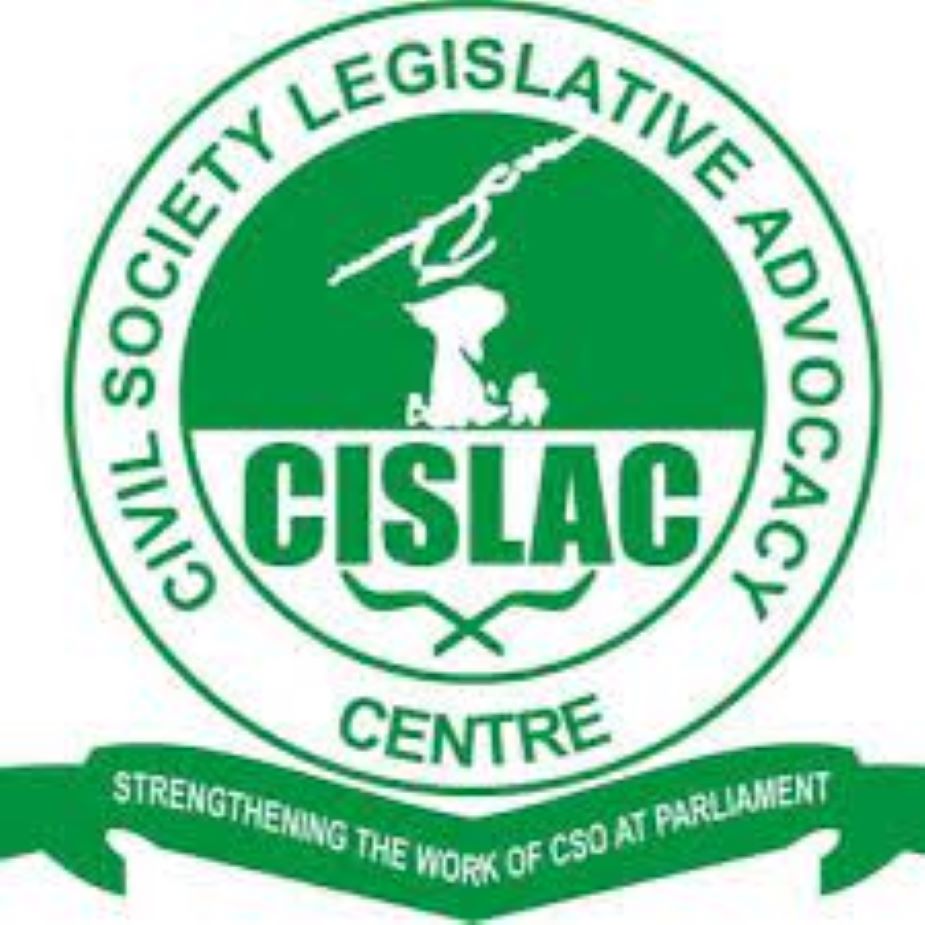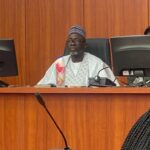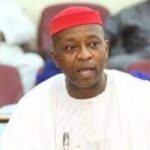By Stellamaries Amuwa, Abuja
Civil Society Legislative Advocacy Centre (CISLAC) and 30 Civil Society organizations within the anti-corruption space have come together to demand for a greater accountability against corruption in Nigeria.
Briefing journalists on setting of an anti-corruption agenda for the new administration in Nigeria on Tuesday in Abuja.
The Executive Director of CISLAC/Transparency International Nigeria,Auwal Ibrahim Musa (Rafsanjani) who chaired the press brifing noted that the President, Bola Ahmed Tinubu does not seem to have the issue of anti-corruption as a priority on his agenda, despite the fact that corruption has eaten deeper into every sector of the society and is crippling the country like an epidemic. From his campaigns to his manifesto, the President has not shown to Nigerians his anti-corruption agenda and clear plans on how his administration intends to fight corruption.
“Despite concerted efforts from political leaders and civil society to promote open government, the successful implementation of ambitious reforms in the first two action plans was hindered by limited commitment from relevant ministries, departments, and agencies (MDAs). However, the Government of Nigeria has demonstrated its commitment to prioritizing open government by enacting significant legislation such as the 2020 Companies and Allied Matters Act (CAMA) and the 2021 Petroleum Industry Act, which establish legal frameworks for corporate transparency and accountability. In the upcoming third action plan, Nigeria has pledged to implement key open government components outlined in these laws.
“The effectiveness of these commitments in achieving tangible open government outcomes will largely depend on the level of engagement and proactive involvement of implementing agencies such as the Nigeria National Petroleum Corporation, Ministry of Mines and Steel, Nigeria Extractive Industry Initiative, and Corporate Affairs Commission. Their ownership and drive in pushing forward these reforms will determine the extent to which the government can leverage the OGP platform to translate these laws into concrete benefits for the citizens. The third action plan of Nigeria presents a valuable opportunity to put recent legislation into practice, aiming to strengthen collaboration between civil society and the government.
“The OGP Subnational Program required states to fulfill certain criteria including meeting a minimum standard of openness, obtaining approval from the National Steering Committee through a letter of intent, establishing a state steering committee, and formulating an action plan. The OGP Nigeria Secretariat, government bodies, civil society, and funding partners were able to advance state participation, through visits to encourage participation, allocate budgets, and implement action plans. However, it has been noted that states are not taking action and local CSOs are often not engaged .
“While Nigeria’s oil and gas industry remains its most lucrative and viable investment opportunity, the extractive sector has had a limited impact on socio-economic development in the past, in part due to weak governance and corruption. Opacity in Nigeria’s extractives sector has cost the country billions of dollars, decimated communities, and destroyed lives and livelihoods.
In 2003, Nigeria voluntarily signed up to the global Extractive Industries Transparency Initiative (EITI) to promote prudent management of revenues from its abundant natural resources to reduce poverty and ensure sustainable development. NEITI focused on four main areas.”



